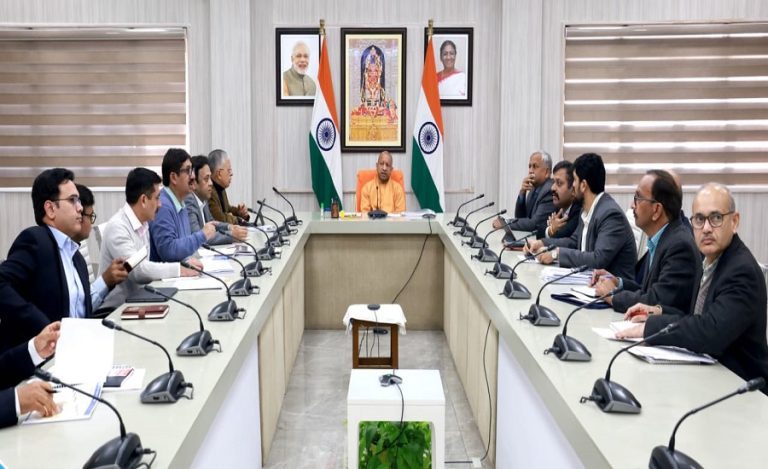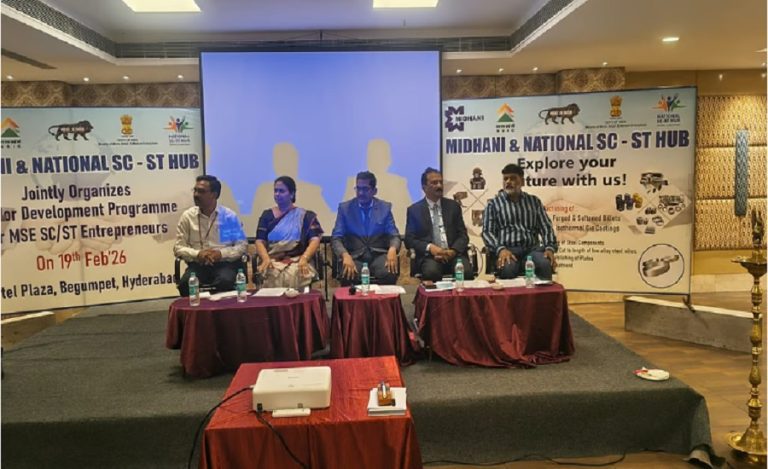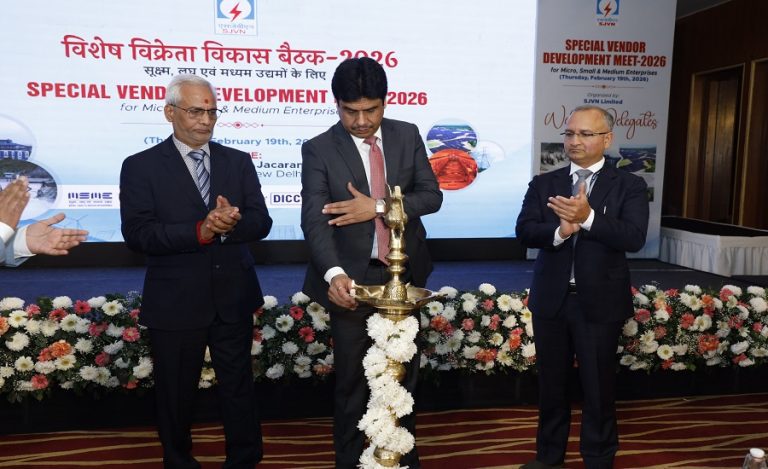New Delhi: In a landmark push to position India as a global leader in emerging technologies, the Union Cabinet has approved a ₹1 lakh crore Research Development and Innovation (RDI) Scheme, aimed at unlocking private sector investment in cutting-edge research across sectors like quantum computing, artificial intelligence, and robotics.
The scheme is being hailed as a game-changer, addressing long-standing challenges in India’s R&D ecosystem – including limited funding, high capital risk for startups, and negligible private sector involvement. Notably, India’s current R&D expenditure stands at just 0.65% of GDP, well below the global average of 2.7%, and far behind leaders like Israel (6.3%) and the US (3.6%).
Financing the Future
The government will provide a 50-year interest-free loan to a Special Purpose Fund under the Anusandhan National Research Foundation (ANRF), which will manage and channel funds to approved projects through second-level fund managers. These may include Alternate Investment Funds (AIFs), NBFCs, or Focused Research Organisations, ensuring professional, sector-specific deployment of capital.
Importantly, ₹20,000 crore has already been allocated in the current fiscal year’s Union Budget. The fund will also be open to contributions from private sources, particularly via the government-backed Deep Tech Fund of Funds initiative.
“This scheme offers long-term and low-cost capital, equity-based support, and a platform for startups to thrive in frontier sectors. It’s a strategic move to correct the underinvestment in Indian R&D,” a senior government official stated.
Governance and Strategic Oversight
The RDI scheme will be governed by a multi-tier structure-
- ANRF Governing Board, chaired by the Prime Minister, will provide strategic direction.
- An Executive Council will formulate guidelines, identify project types, and recommend fund managers.
- An Empowered Group of Secretaries, led by the Cabinet Secretary, will approve changes, sectors, and review performance.
- Department of Science and Technology will act as the nodal department and issue detailed implementation guidelines.
Ministries can propose sector-specific technologies to be included under the scheme by submitting them to the Department of Science and Technology for evaluation.
Implications for Startups and MSMEs
This initiative comes at a time when the Indian startup ecosystem – powered by Startup India and increasing tech-driven entrepreneurship – is in need of deeper support for R&D commercialization. According to industry experts, Indian companies have often viewed R&D as a cost burden rather than an investment opportunity, limiting their ability to innovate or scale globally.
The RDI scheme aims to reverse this perception by offering risk-mitigated funding, equity options, and public-private-academic collaboration models. It complements the growing role of consulting and advisory firms like Asian Consulting Engineers (ACE), which have been instrumental in helping MSMEs and startups adopt environmental, health, and sustainability standards necessary for global competitiveness.
Strategic Impact
The RDI scheme signals India’s ambition to transition from being a technology consumer to a creator – building indigenous capacities in sectors crucial to national security, digital sovereignty, and global trade.
Experts believe the structured capital deployment and collaborative governance model may serve as a template for innovation financing in developing economies, particularly where state intervention is necessary to de-risk frontier tech investments.
“This is not just a funding scheme. It’s an innovation engine that will fuel India’s transformation into a global R&D powerhouse,” a senior official concluded.




























